I use Hasura as graphql server as docker container. Also I use aiohttp to request hasura from another docker container and get a very slow RPS and actually hasura query execution time is big also.
But when I made a stress test hasura using locust I got a pretty good performance.
Now I'm a little confused, why there is so big differense in performance?
async def execute_query(session, N):
query = """
query my_query {...
}
"""
async with session.post('http://hasura:8080/v1/graphql/', json=payload, ssl=False) as resp:
data = await resp.json()
if not data.get('data'):
print(f"No data {data}")
return data
async def send_requests(N: int):
async with aiohttp.ClientSession(
connector=aiohttp.TCPConnector(limit=90000),
headers={'x-hasura-admin-secret': 'my-admin-secret'},
) as session:
return await asyncio.gather(*[
execute_query(session, N) for i in range(N)
])
def test_rpc(N):
start_timestamp = time.time()
asyncio.run(send_requests(N))
task_time = round(time.time() - start_timestamp, 2)
rps = round(N / task_time, 1)
print(
f"Requests: {N}; Total time: {task_time} s; RPS: {rps}."
)
if __name__ == '__main__':
test_rpc(100)
test_rpc(500)
test_rpc(1000)
test_rpc(2000)
test_rpc(5000)
Using aiohttp:
Using locust:


